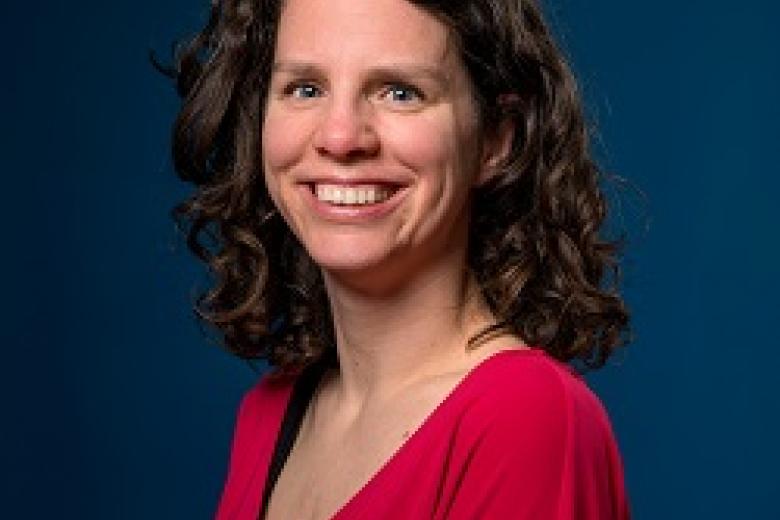Cross-border employment: on paper it seems settled, but in practice it is difficult
In spite of the negotiations about a Europe without borders held 25 years ago in Maastricht, there appear to be many obstacles to cross-border cooperation. Free movement of people, goods, services and capital are hampered by the way EU member states have implemented EU law, by the quality of national law and by its application in practice. This results from the 2016 cross-border impact assessment conducted by the Institute for Transnational and Euregional cross border cooperation and mobility / ITEM, that will be presented at the yearly ITEM conference on the 28th of October.
ITEM’s cross-border impact assessment often involves legislation that has just entered into force, but the effects of which can still not be easily visualised. How can the free movement of people, goods, services and capital be maintained if the political and humanitarian crisis is closing borders? In particular, how will the border regions of the oldest member states, where it is impossible to imagine life without free movement of people, goods, services and capital, deal with the situation? How truly free is the cross-border citizen from a border region who wants to work or provide services just over the border less than 10 kilometres from his or her home? These and other themes from the 2016 cross-border impact assessment will be addressed on Friday, 28 October, during the ITEM annual conference, ‘Europe under pressure: effects for border regions – 25 years after the Maastricht Treaty’, at the Gouvernement aan de Maas (provincial government complex) in Maastricht.
Interestingly, ITEM research shows that legal bottlenecks are not at the root of the obstacles related to all issues. From the analysis of the recognition of professional qualifications, it appears that a number of practical matters can be a source of obstacles. The studied countries/federal states do not always provide the most advantageous solution for the cross-border worker. The fact that some authorities only accept documents in one language is an example of this, as well as the complexity that can exist in identifying the right competent authority and the uncertainty surrounding the amount of procedural costs. Multilingual documents and a more streamlined provision of information could contribute to a more flexible process for the recognition of professional qualifications.
Therefore, ITEM is announcing its intention to carry out a feasibility study about creating a “cross-border professional recognition card”. The final “cross-border professional recognition card” would be a tool developed to speed up and facilitate recognition procedures, especially for border regions. The feasibility study will specifically investigate the possibilities for the Benelux and North Rhine-Westphalia (border) regions. This is especially interesting for Limburg, a province with relatively many foreign borders.
About ITEM
The Institute for Transnational and Euregional cross border cooperation and Mobility / ITEM is the hub of scientific research, counselling, knowledge exchange and training activities concerning cross-border cooperation and mobility. ITEM is an initiative of Maastricht University (UM), NEIMED (a Dutch centre of expertise on demographic changes), Zuyd University of Applied Sciences, the municipality of Maastricht, the Euregion Meuse-Rhine (EMR) and the Province of Limburg (NL).
Also read
-
PhD research shows impact of aggression on staff and patients in forensic care
Nienke Verstegen, researcher at De Forensische Zorgspecialisten, has conducted research on aggression within forensic care and its impact on patients and staff. On July 6, 2023, she will receive her PhD from Maastricht University with her dissertation 'Hurt people hurt people. Characteristics and...

-
No evidence of brain damage caused by severe COVID-19
Patients admitted to hospital due to a severe COVID-19 infection exhibit no evidence of brain damage caused by the disease. This is the conclusion of an extensive study led by Maastricht University.

-
Cold shivers?
Due to the Western lifestyle with a high fat diet combined with little exercise, more and more people in the Netherlands are overweight or even obese. This causes an increased risk of type II diabetes. What can be done about this besides a healthier lifestyle? The answer comes from an unexpected...
